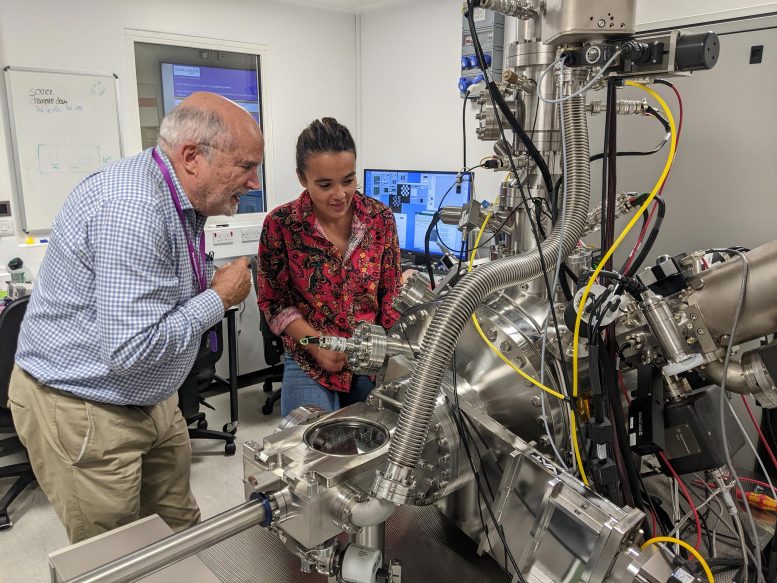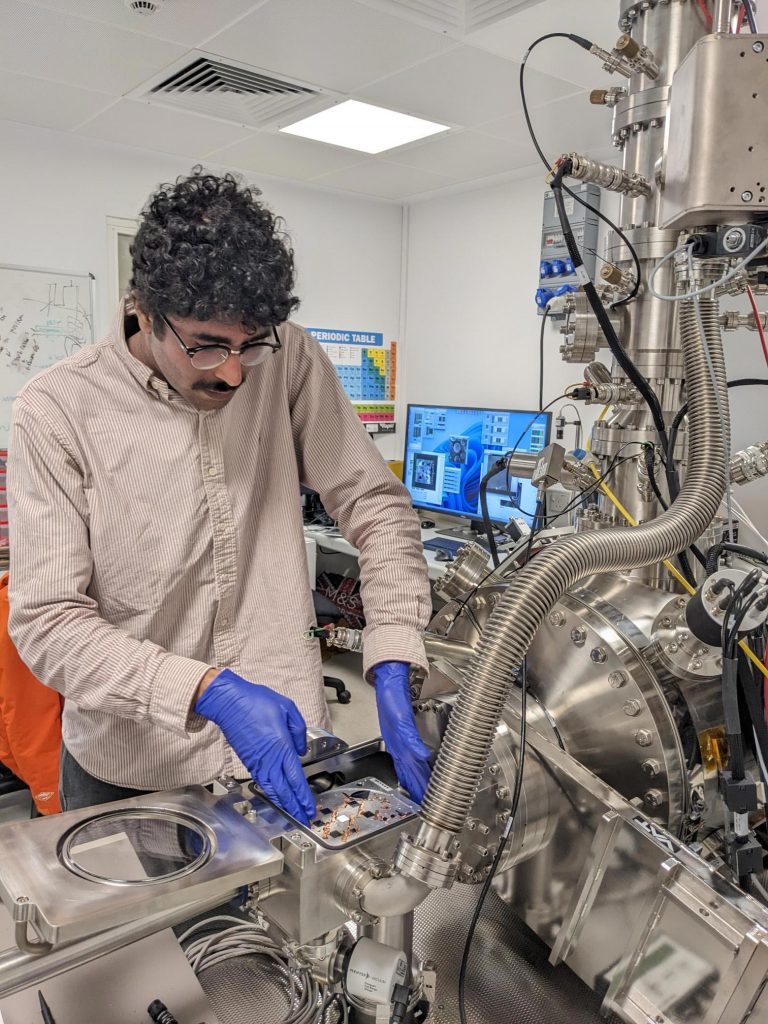A collaboration between the Universities of Melbourne and Manchester has led to a groundbreaking method for producing ultra-pure silicon, enhancing the potential for scalable and accurate quantum computers. This technique extends quantum coherence, significantly reducing computing errors and allowing for complex calculations that outpace traditional computers.
Researchers at the Universities of Melbourne and Manchester have invented a breakthrough technique for manufacturing highly purified silicon that brings powerful quantum computers a big step closer.
The new technique to engineer ultra-pure silicon makes it the perfect material to make quantum computers at scale and with high
“Fragile quantum coherence means computing errors build up rapidly. With robust coherence provided by our new technique, quantum computers could solve in hours or minutes some problems that would take conventional or ‘classical’ computers – even supercomputers – centuries,” Professor Jamieson said.
A qubit – such as an atomic nucleus, electron, or
Lead author and joint University of Melbourne/University of Manchester PhD student Ravi Acharya prepares a silicon chip for enrichment in the University of Manchester P-NAME focused ion beam laboratory. Credit: University of Melbourne/University of Manchester
Silicon’s Role in Quantum Technology
Lead author Ravi Acharya, a joint University of Manchester/University of Melbourne Cookson Scholar, said the great advantage of silicon chip quantum computing was it used the same essential techniques that make the chips used in today’s computers.
“Electronic chips currently within an everyday computer consist of billions of transistors — these can also be used to create qubits for silicon-based quantum devices. The ability to create high quality silicon qubits has in part been limited to date by the purity of the silicon starting material used. The breakthrough purity we show here solves this problem.”
Professor Jamieson said the new highly purified silicon computer chips house and protect the qubits so they can sustain quantum coherence much longer, enabling complex calculations with greatly reduced need for error correction.
“Our technique opens the path to reliable quantum computers that promise step changes across society, including in artificial intelligence, secure data and communications, vaccine and drug design, and energy use, logistics, and manufacturing,” he said.
Silicon – made from beach sand – is the key material for today’s information technology industry because it is an abundant and versatile semiconductor: it can act as a conductor or an insulator of electrical current, depending on which other chemical elements are added to it.
“Others are experimenting with alternatives, but we believe silicon is the leading candidate for quantum computer chips that will enable the enduring coherence required for reliable quantum calculations,” Professor Jamieson said.

Co-authors (left) Prof David Jamieson (University of Melbourne) and (right) Dr Maddison Coke (University of Manchester) inspect the P-NAME focused ion beam system at the University of Manchester used for the silicon enrichment project. Credit: University of Melbourne / University of Manchester
Purifying Silicon for Quantum Computing
“The problem is that while naturally occurring silicon is mostly the desirable isotope silicon-28, there’s also about 4.5 percent silicon-29. Silicon-29 has an extra neutron in each SciTechDaily
